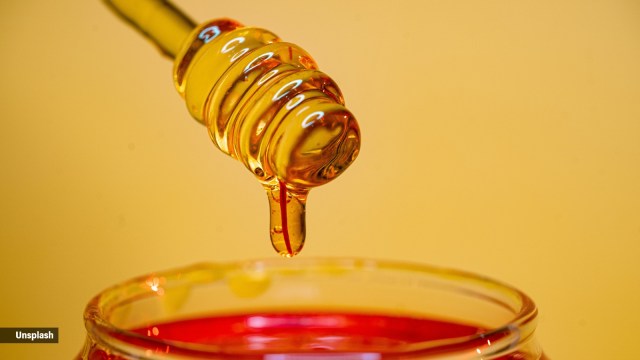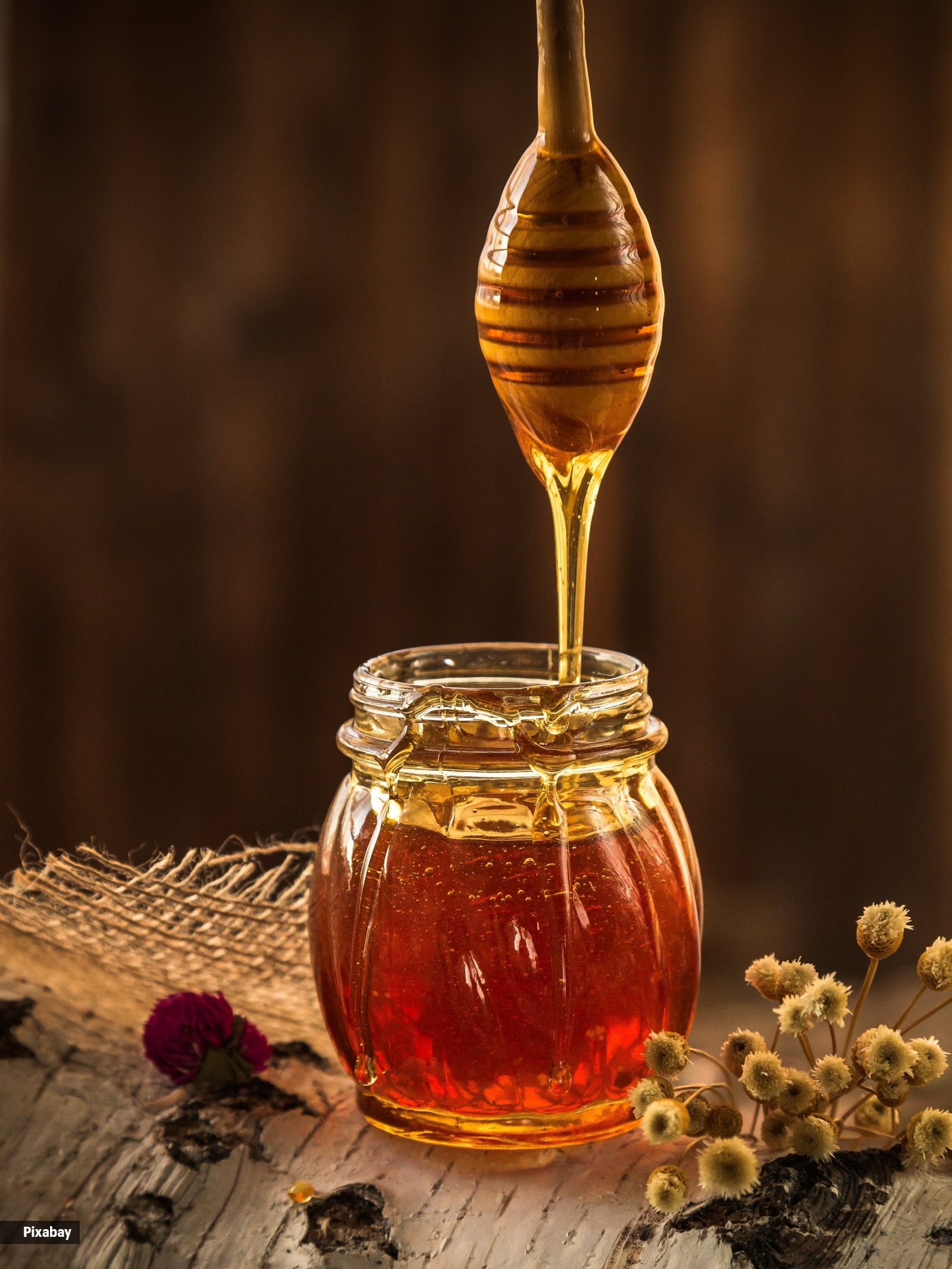📣 For more lifestyle news, click here to join our WhatsApp Channel and also follow us on Instagram
“Heating it to high temperatures can lead to..”: Doctor explains why you should never heat honey
For optimal safety and nutritional benefit, experts suggest to avoid adding honey to boiling liquids or cooking at high heat.
 Heating honey to high temperatures can lead to the formation of harmful compounds and destroy its beneficial enzymes, antioxidants, and bioactive compounds (image source: unsplash)
Heating honey to high temperatures can lead to the formation of harmful compounds and destroy its beneficial enzymes, antioxidants, and bioactive compounds (image source: unsplash)Honey has long been an integral part of Ayurveda, prescribed for ailments and used widely in drinks, desserts, and home remedies. But could this kitchen staple actually become harmful when heated?
Ayurvedic health coach Dimple Jangda recently raised the alarm in an Instagram Reel, cautioning against cooking with honey. “Heating honey alters its chemical structure through the Maillard reaction, producing a toxin called *5-hydroxymethylfurfural (HMF),” she explained. Ayurvedic texts such as the Charaka Samhita have long warned against heated honey, describing it as forming ama — indigestible residue that behaves like poison inside the body.
But does this mean your go-to-morning cup of honey is harmful? Taking cue from Jangda’s Reel, we reached out to Dr Priyanka Shukla, HOD of dietetics and senior consultant at Ramakrishna CARE Hospital, Raipur, to fact-check the science.
Is it true that heating honey can make it harmful?
Dr Shukla agrees with Jangda’s cautionary warning. “Heating honey to high temperatures (above 60°C or 140°F) can lead to the formation of HMF,” she confirms. In large amounts, HMF may have toxic effects. She further explains that heating also destroys the beneficial enzymes, antioxidants, and bioactive compounds in honey. “For optimal safety and nutritional benefit, avoid adding honey to boiling liquids or cooking at high heat. Gentle warming, below 40°C, is safe to liquefy crystallised honey.”
Is there any other factor besides heating that can make honey harmful/toxic?
Heating isn’t the only concern. “Raw honey naturally contains enzymes, antioxidants, and pollen, which can be beneficial,” says Dr Shukla. “However, it can also contain Clostridium botulinum spores, which are dangerous for infants under one year, and people with pollen allergies may react. Honey can also absorb heavy metals and pesticide residues from the environment, increasing contamination risk.”
 Combining honey with other high-glycemic foods such as white bread or sugary cereals may amplify blood sugar effects (image source: pixabay)
Combining honey with other high-glycemic foods such as white bread or sugary cereals may amplify blood sugar effects (image source: pixabay)
She adds, “processed honey is pasteurised and filtered, which makes it safer by removing most germs and bacteria, but some of the beneficial nutrients are lost in the process. So while raw honey may offer more health benefits, it carries a slightly higher risk of contamination or allergic reactions.”
How should people use honey safely in drinks or food?
Dr Shukla suggests a few simple rules:
- Stop heating honey to high temperatures. When adding it to tea, coffee, or hot water, let the beverage cool for a few minutes after boiling.
- Use honey as a natural sweetener in yogurt, smoothies, or salad dressings where no heat is applied.
- The safest and most beneficial way is to consume it raw — drizzle it over yogurt, oatmeal, toast, or fruit. That way you retain its enzymes and antioxidants.
Are there any risks of eating too much honey or combining it with certain foods?
While many people prefer adding honey to their meals instead of sugar, there isn’t a substantial difference. “Excess intake can contribute to weight gain, blood sugar spikes, and dental problems,” Dr Shukla explains, while suggesting a moderate intake. “For people with diabetes, honey needs to be monitored carefully. Because it’s high in fructose, it can also trigger bloating, gas, and cramps in people with IBS or fructose malabsorption,” she further cautions.
DISCLAIMER: This article is based on information from the public domain and/or the experts we spoke to. Always consult your health practitioner before starting any routine.
📣 For more lifestyle news, click here to join our WhatsApp Channel and also follow us on Instagram
- 01
- 02
- 03
- 04
- 05



























